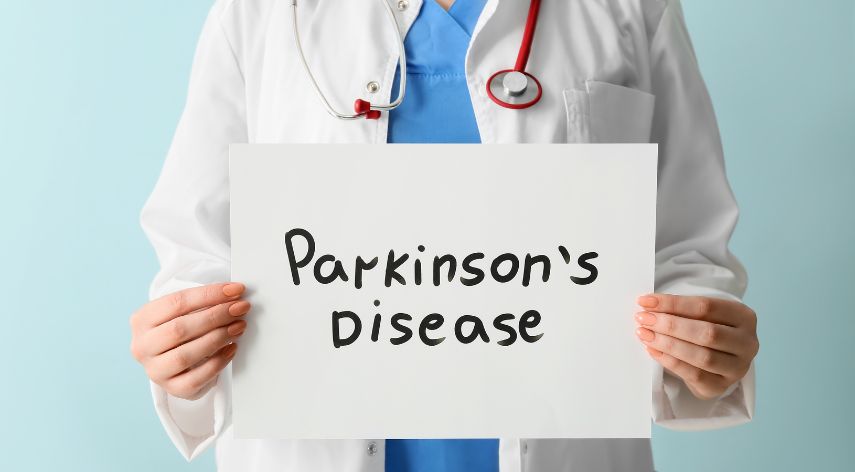Healthy Eating Advice for Seniors

What constitutes healthy eating tends to change when you get older. Healthy food is reasonably consistent no matter what age you are, but for seniors, some food groups will need to be consumed more and some will need to be taken in a bit less.
An example of how your diet might change as you age can be seen in the fact that as you get older, your metabolism slows down. While this happens, you will need to consume fewer calories than you used to. Your body is also going to need to take in some different nutrients, meaning the food you eat will need to be the kind of food that can give you the best possible nutritional value.
This article will discuss in more detail exactly what you can do in your old age to ensure that the food you are consuming is as healthy as possible and will assist you with staying fit.
Table of Contents
ToggleAre You Struggling to Stay on Top of Your Health?
As you get older, it can be harder to stay on top of your health. This could be because you are unable to go out to the store and do the large shops like you used to, or it could also be because you are unable to cook the right food. If you are really finding it tough to keep on top of your health, then it may well be time to consider moving into a care home. Care homes are great when it comes to keeping on top of your health as good, wholesome food will be prepared for you and it will be much easier to get the nutrients you deserve. Take Belmont Village Senior Living which offers senior living in Buckhead, for example. At this facility, they offer top of the range personal care, which would include making sure you are eating healthy food every day.
If you are still able to buy food and cook for yourself sufficiently though, here are some of the top tips when trying to look after your body.
Know Exactly What a Healthy Plate Should Look Like
You may be familiar with the food pyramid, well, there is a similar concept that has been adopted by many, which allows people to see exactly what they should be eating each day. It is a simple graphic that is known as MyPlate and it is very easy to read and efficient when it comes to mapping out exactly how the five food groups should stack up on your plate. This is not the be all and end all to being healthy, though; it will provide you with the foundation upon which you can build your healthy diet.
Look Out for the Key Nutrients
You will need to ensure that you are eating a variety of foods as this is the only way that you can ensure your diet is filled with all of the key nutrients that you need. Your plate should not be monotone and should instead resemble that of a rainbow, with a plethora of brightly colored, delicious food scattered all over that you will be able to tuck into. Some of the foods that should go into a healthy meal include:
- Lean protein (lean meats, seafood, eggs, beans)
- Different fruits and vegetables (think food that is orange, red, green and purple)
- Whole grains (brown rice, whole wheat pasta)
- Low-fat dairy (milk and its alternatives)
Remember to make sure that you are choosing foods that are high in fiber and also foods that are low in both sale and sodium. Consider food sources that contain vitamin D as well, because this is an important mineral for people to eat as they get older.
Read the Facts on the Nutrition Label
Whole foods are some of the healthiest types of food that you can consume. Usually, you are going to find these around the perimeter of the grocery store in sections that sell produce, meat and dairy products. If you do go and buy some packaged food, though (because we don’t have time to cook from scratch every day), you should ensure that you are being a smart shopper, so read the labels. Select the food that is lower in fat and does not contain any added sugar or sodium.
Stick to the Servings Sizes that Are Recommended
A good habit to get into in order to maintain your weight is to eat the right amount of food that is necessary for your age and body. You can find a variety of different recommended daily servings for adults aged 60-plus on the website of the American Heart Association.
Be Sure to Keep Hydrated
The importance of getting plenty of water can never be understated, so be sure to not let yourself get dehydrated either! Make a habit of drinking a small amount of fluid throughout the day. The likes of tea, coffee and water are your best choices. Be sure any drinks that contain sugar or salt are kept to a minimum, unless of course your doctor has provided advice to the contrary.
Conclusion
Eating healthy is important no matter what age you are, but as you get older having a healthy diet is incredibly important as it can make getting older much easier and as carefree as possible. There are a lot of tips and tricks that you can implement into your everyday life in order to ensure that the food you end up eating is the healthiest food possible and this will come together and give you a solid diet that will help you live a happier life and reduce the risk of illnesses such as heart disease, diabetes and other chronic conditions.
A lot of these tips come down to simply ensuring that the food you are eating comes from a wide variety of options, but there are other tips too, such as staying hydrated, reading the back of packages to ensure the products you purchase are low in salt and sodium, and sticking to the serving sizes that have been recommended.
Alice Christina, a seasoned health writer, combines her passion for wellness with a strong foundation in evidence-based research. She crafts insightful content that empowers readers to make informed health decisions. Alice's expertise shines through her concise and reliable health articles.
Recommended For You
Spread the loveAre you striving to lose weight without sacrificing your health? With weight loss advice seemingly coming from every
Spread the loveSeniors with Parkinson’s disease (PD) can lead satisfying lives, even though there is currently no cure for the
Spread the loveHave you ever stumbled upon an IP address that seems to be shrouded in mystery? One such enigmatic





